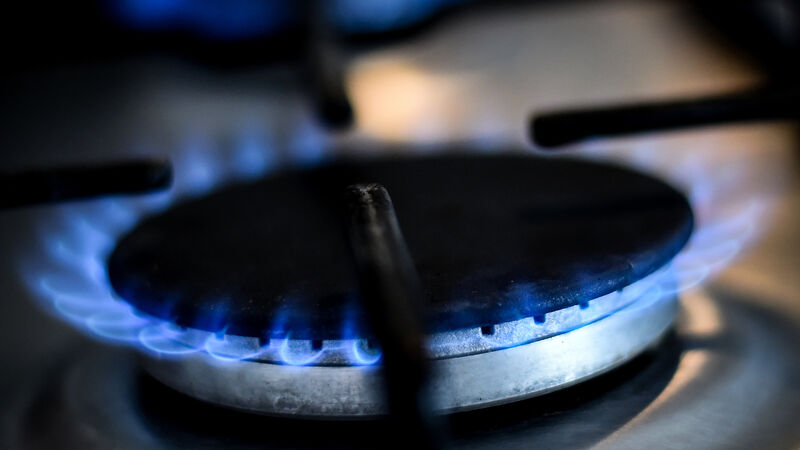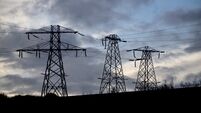Drop in wholesale gas prices welcomed but fears expressed of energy market cartel

Taoiseach Micheál Martin said gas prices were at their lowest since June
A two-thirds drop in the wholesale cost of energy can only be good news if the saving is passed on to the consumer, the Dáil has been told.
Social Democrats co-leader Catherine Murphy told Taoiseach Micheál Martin during Wednesday's Leaders' Questions that benchmark energy futures dropped to €92 per MWh on Tuesday, down from an "astronomical" €340 per MWh in August.













